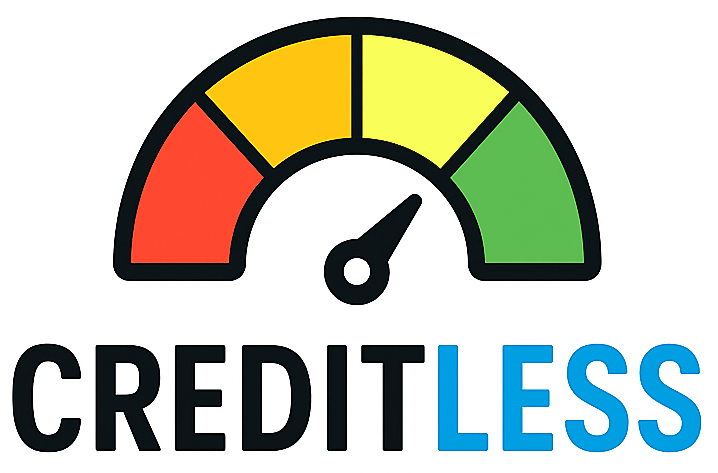Introduction: Should you pay someone to fix your credit?
Credit repair companies promise faster score improvements and handle disputes for you—but the industry includes both legitimate firms and scams. Many consumers can correct errors themselves using federal dispute rules, but there are situations where a reputable service can be helpful. This article explains what the law allows, the biggest red flags, typical costs, and a clear DIY timeline so you can decide whether to hire help or do it yourself.
Quick legal context: Credit repair is legal, but companies are regulated by the Credit Repair Organizations Act (CROA) and subject to Fair Credit Reporting Act (FCRA) rules—these laws limit what providers can promise and prohibit demanding payment before services are delivered.
Red flags: How to spot a bad actor
Before you sign any contract, watch for these common warning signs. If a company does any of the following, treat them as a major red flag:
- Demands payment up front — under federal law, a credit repair company can’t require you to pay for services before it performs them.
- Guarantees big, fast score increases — no one can legally guarantee specific score increases or remove accurate negative information instantly.
- Encourages false statements or a new identity — any advice to lie on applications or create a new Social Security number is fraud.
- Tries to stop you from contacting bureaus or creditors — a legitimate company will not forbid you from contacting bureaus directly.
- No clear written contract or no cancellation right — CROA gives you rights including a required written contract and a right to cancel.
Why these matter: scammy firms often use high-pressure sales, misrepresent results, or push frivolous disputes that waste your time and may cause legal exposure.
Typical pricing and what to expect: Reputable services generally charge monthly subscription fees or flat fees for discrete actions. Typical monthly ranges reported by industry and consumer sites fall roughly between $79 and $149 per month, though prices vary by scope and company. Charging much more or adding opaque ‘‘removal guarantees’’ should prompt caution.
DIY first: A practical step‑by‑step dispute plan
Most consumers can make meaningful progress on their own. Below is a concise, evidence‑based DIY workflow you can follow.
1. Pull your reports and document the errors
Get the free reports from AnnualCreditReport.com and review all three bureaus (Equifax, Experian, TransUnion). Save screenshots and copies of any documents that support your claim (payment records, identity documents, billing statements).
2. Identify disputable items and gather proof
Only dispute items you can reasonably demonstrate are inaccurate, incomplete, or unverifiable. Examples: accounts that aren’t yours, incorrect balances, duplicate listings, or dates that don’t match your records.
3. File disputes with the bureaus and furnishers
Send a targeted dispute to each bureau showing the specific error and attaching your evidence; also consider sending a dispute directly to the furnisher (creditor/collection agency). The FCRA generally requires bureaus and furnishers to investigate within 30 days (the period can extend to 45 days in some cases when additional information is provided). If the investigation finds an item is inaccurate or cannot be verified, it must be corrected or removed.
4. Track results and escalate if needed
If the bureaus or furnishers fail to correct verifiably wrong information, you can add a consumer statement to your file, file a complaint with the Consumer Financial Protection Bureau (CFPB), and in some cases pursue legal remedies. Keep careful records of dates, method of delivery, and responses.
Why DIY works: The core tools used by credit repair firms—submitting written disputes and following up—are things you are legally entitled to do yourself for free. Many legitimate gains come from clearing clear mistakes; complex identity-theft or legal disputes may be the exception.
When it makes sense to hire a credit repair company (and how to pick one)
Consider hiring a reputable service only if one or more of these apply:
- Complex identity theft or mixed files — recovering from fraud can require persistent interactions with multiple furnishers and legal paperwork.
- You lack time or capacity — if managing disputes will interfere with essential work or health duties and you can afford transparent fees.
- Legal/collection negotiations — some firms or consumer attorneys may help negotiate deletions tied to settlement agreements; get that in writing.
If you do hire a company, follow these rules: get a written contract that spells out services and fees, confirm they comply with CROA (no upfront fees; clear cancellation rights), verify a physical address and company references, and avoid any provider that guarantees specific results or tells you to submit false information. Report suspicious behavior to the FTC and CFPB.
Bottom line
Credit repair services can be legitimate and helpful in narrow circumstances (serious fraud, complex disputes, legal negotiation), but many consumers will save money and get comparable results by following a disciplined DIY dispute plan. If you choose a paid service, vet it closely for CROA compliance, realistic promises, and transparent fees.
Next steps: request your reports at AnnualCreditReport.com, inventory potential errors, and start with one dispute at a time. If you want, use CreditLess.com’s DIY dispute templates and sample letters (see our related articles) before committing to a paid service.
